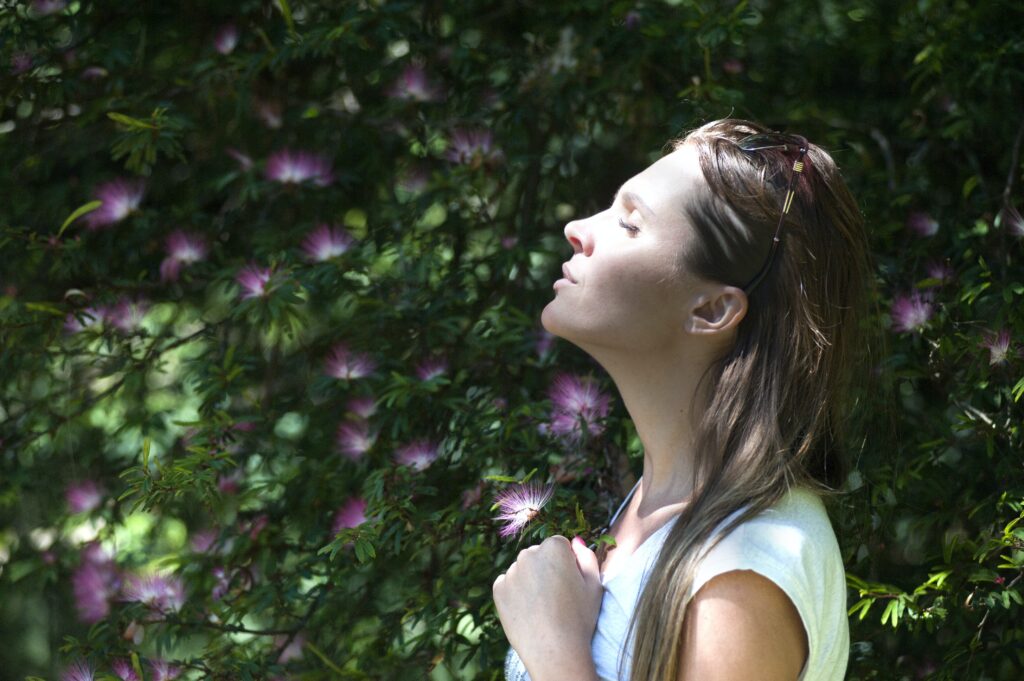Living by modern standards is very tough for all of us as humans. We evolved at an unprecedented rate and most of us are facing the consequences of that. We spend too much time focused on our work and daily routines. These factors contribute to stress which has become a standard of living for many people. This stress can cause serious mental and physical issues if something is not done at the right time.
Fortunately, there is a way out of this, there are plenty of ways of avoiding the stress. It is very important to have some fun and relax to keep your health in check. This will only have an effect if you make it a regular habit to kick back and enjoy some free time. It is easier said than done, especially for many people who work every day and barely make a living. If you by any chance have some time on your hands, you should try out these 6 tips to help you relax and have some fun.
1. Using legal medication
Stress is something that we feel on a physical level and sometimes it can only be dealt with on that level. By consulting with a doctor, you can see what kind of medication can help you feel more relaxed. One of the popular remedies that you can find these days in certain areas is cannabis, like Virginia where it is legal. Comparing different Virginia weed dispensaries is very important so you know what you are getting. You can also compare dispensaries from any state of your interest to know where it is the best to get this medication.
2. Sleep
If you are planning on going out to have some fun, it is very important to be well-rested. Sleeping will help you not only be prepared for the day, but it will help you relax. Sleep is excellent for zoning out a bit of everything that troubles your mind. It is also very important to get enough sleep to stay healthy so you do not end up with some more unwanted problems.
3. Game night
Playing games with your friends or family is a very good way to spend some quality time. Be it board games or video games, this activity will help you focus on something else. If you do not want to be with your thoughts, you can dedicate your time to playing the game. If you are the one who gets mad from losing, this activity might not be the best relaxation option.
4. Hiking
Taking a hike is a great way to set up a small challenge against nature. Most of us live and spend too much time in big concrete jungles instead of visiting some real ones. Especially now during the pandemic, we spend too much time indoors trapped by this virus. You can hike alone, or you can do it with a small group of friends or family. Which option suits you the best will depend on if you want to isolate totally or partially.
5. A good meal
Treating yourself to a good meal is something that you always deserve. It is your right to nibble on something that will make your tastebuds feel good. This option can be expensive depending on what you view as a good meal. That does not mean that this is a good option since you will not be doing it very often. So why not try out some new and interesting dish every once in a while? We do live once don’t we, so why not make it interesting sometimes?
6. Not reading the news
In today’s world, it is very important to stay up to date with everything that is going on. This task is very demanding, as the world is such a vast place with so many things going on at the same time. Reading the news daily can deprive you off pretty quickly since there is rarely any good news. This takes a toll over time and you should sometimes turn them off for a few days. You can do the same thing with social media and you will notice the difference. The biggest difference will be in how calm you will become and how clear your mind will be.
Trying out some of these tips can not hurt you, and the benefits can be priceless. It is important to break free of this monotony that is innate to our daily lives. We are not built to live like this, and by following these tips you can get a better look at what we are meant to do. We can achieve great things even when we are off relaxing and having fun.
Relaxation Techniques
Relaxation techniques can be very helpful in managing stress. A hobby and mental calmness are just two examples of relaxing. It is a technique for reducing stress’s harmful effects on your body and mind. Using relaxation techniques can help you manage daily stress. Also, these techniques can assist with persistent stress or stress related to various medical conditions, such as heart disease and discomfort.
Learning relaxation techniques can help you, regardless of whether your stress is under control or out of control. Simple relaxation methods are simple to learn. Relaxation techniques may often be used anywhere, are frequently free or inexpensive, and carry little danger.
Investigate easy relaxing methods to reduce stress in your life and enhance your health and general well-being.
Benefits of Relaxation Techniques
When you are dealing with a lot of responsibilities and tasks, as well as the demands of a condition, relaxation techniques may not be your first concern. Yet, that means you can miss out on the advantages of relaxing for your health.
Relaxation exercises have a variety of advantages, including:
- Reduced heart rate
- Bringing down blood pressure
- Decreased breathing rate
- Better digestion
- Keeping blood sugar under control
- Lowering stress hormone activity
- Expanding the blood supply to the main muscles
- Lowering persistent pain and muscle stiffness
- Increasing attention and mood
- Enhancing the caliber of sleep
- Lowering fatigue
- Minimizing rage and irritation
- Increasing self-assurance to solve issues
Use relaxation techniques in addition to other healthy coping mechanisms, such as:
- Positive attitude
- Making jokes
- Problem-solving
- Time and priority management
- Doing regular exercise
- Consuming a balanced diet
- Obtaining sufficient rest
- Time spent outside
- Contacting sympathetic family and friends
Types of Relaxation Techniques
Many relaxation techniques can be taught by healthcare professionals like mental health practitioners and complementary and integrative health specialists. Yet, you can also educate yourself on various relaxation methods.
Redirecting your attention to something calming and becoming more conscious of your body are two general components of relaxation techniques. Which relaxation method you pick is irrelevant. It is important to make an effort to relax frequently if you want to experience its benefits.
Autogenic relaxation
Autogenic refers to something that originates within you. This relaxation method, which incorporates bodily awareness and visual imagery, can help your de-stress.
You mentally recite words or concepts that can induce relaxation and reduce muscle tension. For instance, picture a calm environment. Next you can focus on slowing down your heartbeat, relaxing your breathing, or feeling other physiological sensations like relaxing each arm or leg one at a time.
Progressive muscle relaxation
When utilizing this relaxation technique, you focus on gradually tensing and then relaxing each muscle group.
This will help you to discern between muscle tension and relaxation. Physical experiences can help you become more conscious.
One technique for progressive muscle relaxation involves starting with your toes and gradually working your way up to your neck and head. The ideal setting for doing this is a peaceful, distraction-free environment. You might also begin at your head and neck and make your way all the way down to your toes. Make your muscles stiff for five seconds, then let them unwind for thirty.
Visualization
As part of this relaxation technique, you could visualize a calm, serene setting or situation to transport yourself there.
When using visualization to relax, try to use as many sensations as you can, such as touch, sound, sight, and scent. Imagine yourself relaxing at the beach, for instance, and imagine the scent of salt water, the sound of breaking waves, and the warmth of the sun.
Close your eyes, find a peaceful place to relax, take off any tight clothing, and concentrate on your breathing. Try to keep your mind on the here and now and to think positively.
Other relaxation techniques are:
- Deep breathing
- Massage
- Meditation
- Tai chi
- Yoga
- Biofeedback
- Music and art therapy
- Aromatherapy
- Hydrotherapy
Relaxation techniques take practice
You can become more conscious of muscle tension and other stress-related physical symptoms as you practice relaxation techniques. When you are aware of how the stress response feels, you may deliberately try to relax as soon as you see any signs of tension. By doing this, you can stop stress from getting out of hand and lowering your quality of life.
Never forget that learning how to relax requires skills. Your ability to relax becomes better with practice, just like any other talent. Do not be too hard on yourself. Be sure your relaxation efforts do not end up adding to your tension.
Try a different relaxation method if the first one does not work for you. See your healthcare practitioner about other possibilities if none of your attempts at stress reduction seem to be working.
Remember that some people may experience emotional distress while using various relaxation techniques, particularly those with severe mental health conditions and a history of abuse. Even if it is uncommon, stop what you’re doing if you start to feel emotional pain when using relaxation techniques. Think about speaking with your doctor or a mental health professional.





